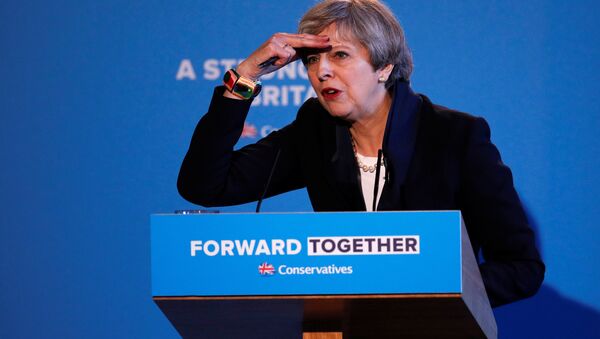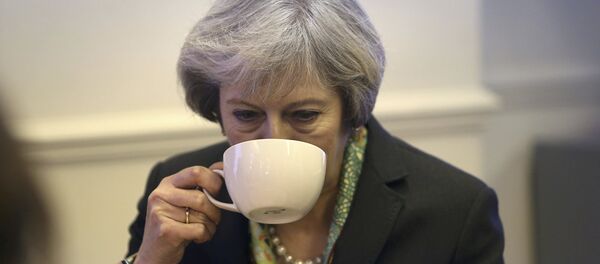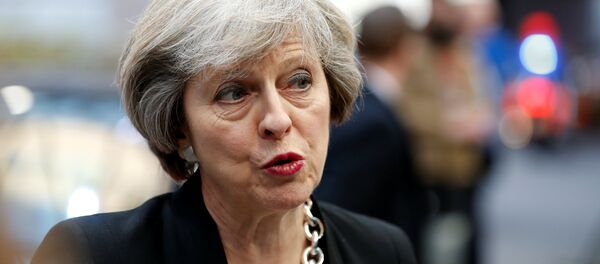In a night of great drama, which saw Labour leader Jeremy Corbyn keep his seat with an increased majority and the defeat of former Liberal Democrat leader Nick Clegg, Theresa May held her seat with a slight drop, as she saw her overall majority in parliament fall, despite hoping for a landslide victory.
She wanted to gain a personal mandate to go into the Brexit negotiations with Brussels, with a larger majority in the House of Commons, so that she could strike a deal with the EU which — as she said in her speech after triggering Article 50 of the Treaty of Lisbon — would give her "a mandate to lead Britain".
When she called the election, April 2017, May was well ahead in the opinion polls, with many showing her party with a 24-point lead in the opinion polls. However, by the time of the election, June 8, the gap between her Conservative Party and Jeremy Corbyn's Labour Party was as close as three percent.
To the door-knockers, the pavement-pounders, the leaflet-printers and the phone-callers: thank you so much. #VoteLabour #labourdoorstep pic.twitter.com/tNZouDRnsK
— The Labour Party (@UKLabour) 8 June 2017
As the night of counting unfolded, June 9, it became clear that May's bid for a larger majority was looking shaky. Having refused to go head-to-head with other political leaders in TV debates, she looked increasingly isolated.
Now, she finds herself still Prime Minister — at the moment — with no overall majority and facing the prospect of having to form a minority government and going into the Brexit negotiations with nothing like the ringing endorsement she wanted, which does not bode well for her chances with Brussels.
Moreover, with the final result yet to be declared, commentators are talking of another election in the autumn, which will throw the whole Brexit process into disarray, which will mena bad news for London, as well as bad news from the EU.




